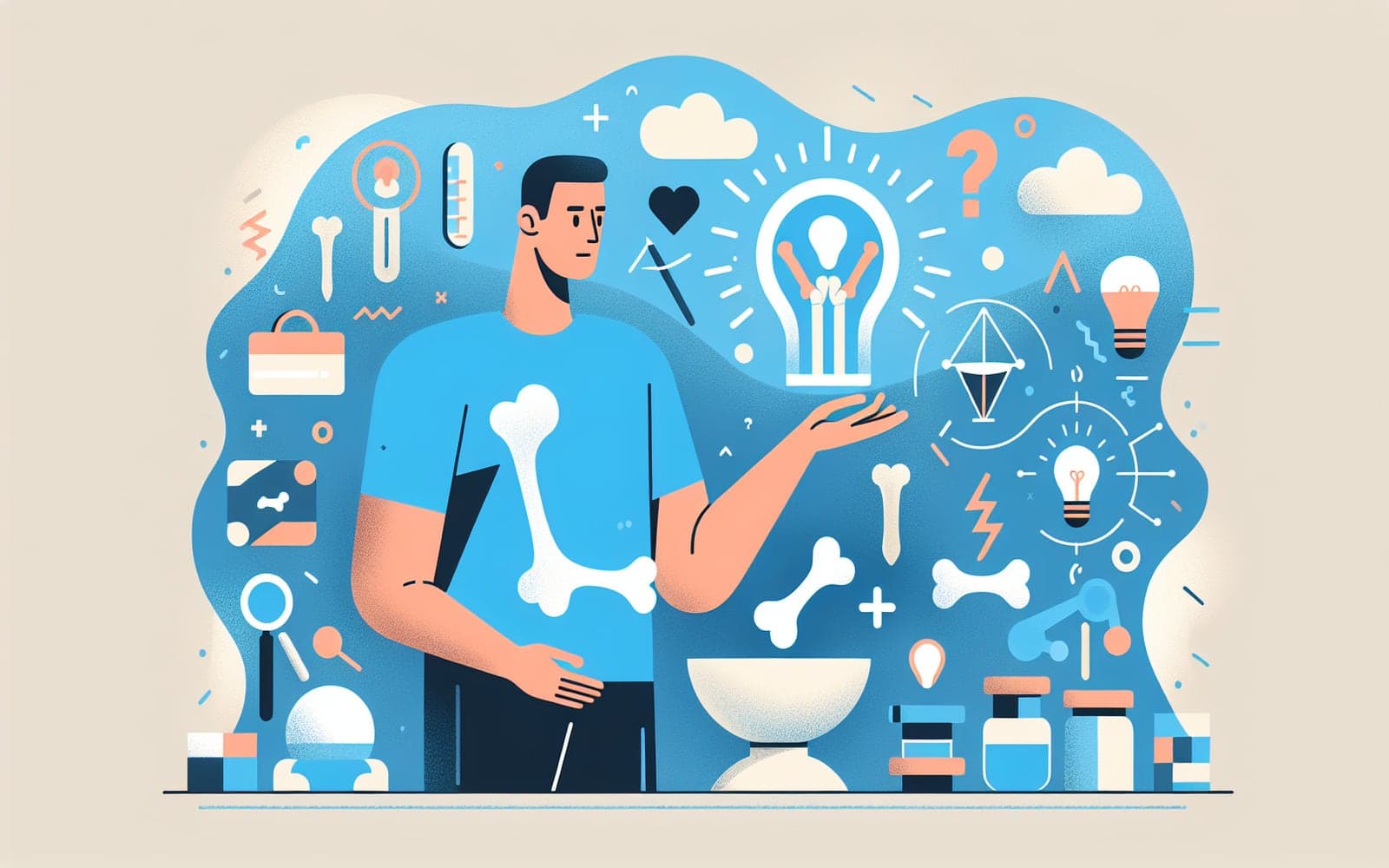Why Do Men Get Osteoporosis? Unveiling the Surprising Causes!
Published: Sep 07, 2024

Medically reviewed by Michelina Stoddard | MD, Ph.D, Joan & Sanford I. Weill Medical College of Cornelle University - San Antonio, Texas on September 7th, 2024.
Osteoporosis isn't just a women's issue; men are at risk too! Discover the startling factors that contribute to this bone-weakening condition in men.
Contents
Hormonal Imbalances
Hormones play a crucial role in bone health. In men, both testosterone and estrogen are vital for maintaining bone density. A decline in these hormones, often seen with aging or medical conditions like hypogonadism, can lead to weakened bones and increased fracture risk. Understanding the impact of hormonal changes is key to addressing osteoporosis in men.
Lifestyle Factors
Lifestyle choices significantly influence bone health. Smoking and excessive alcohol consumption are linked to higher rates of bone loss and fractures. In addition, low levels of physical activity and poor nutrition, such as insufficient calcium and vitamin D intake, further exacerbate the risk. Making healthier lifestyle choices can help mitigate these risks.

Medical Conditions and Medications
Various medical conditions and medications contribute to osteoporosis in men. Conditions like gastrointestinal diseases, diabetes, and prolonged glucocorticoid therapy can decrease bone density. It's important for men with these conditions to be aware of their increased risk and take preventive measures, such as regular bone density screenings and appropriate medication management.
Frequently Asked Questions
Testosterone and estrogen are key hormones for bone density in men.
Smoking increases bone loss and fracture risk.
Yes, improving diet and exercise can reduce osteoporosis risk.
Conditions like diabetes and gastrointestinal diseases raise the risk.
Key Takeaways
Understanding these surprising causes can empower men to take proactive steps toward bone health.
Talk with Doctronic to explore how these factors might be affecting your bone health.Related Articles
References
Orwoll ES, Klein RF. Osteoporosis in men. Endocr Rev 1995; 16:87.
Seeman E, Melton LJ 3rd, O'Fallon WM, Riggs BL. Risk factors for spinal osteoporosis in men. Am J Med 1983; 75:977.
This article has been reviewed for accuracy by one of the licensed medical doctors working for Doctronic. Always discuss health information with your healthcare provider.

